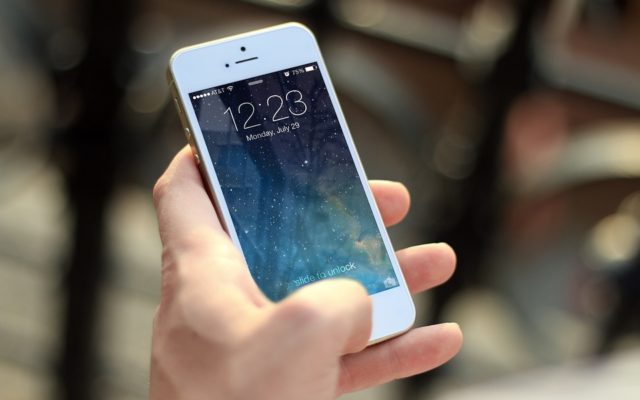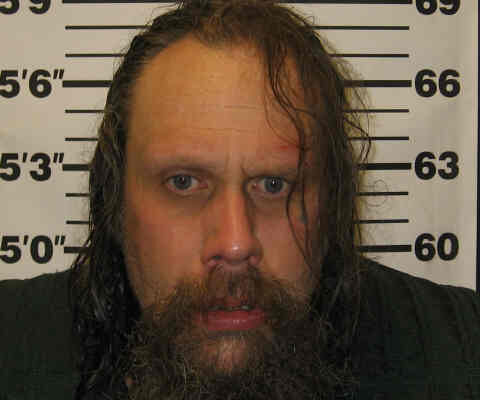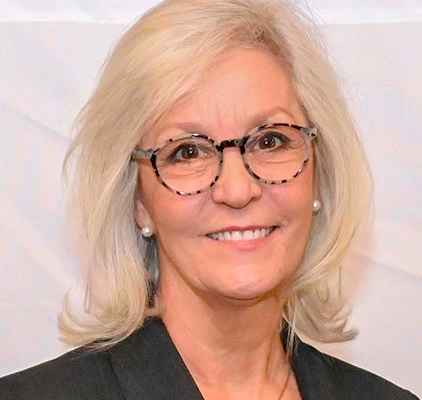Calling 911 should be reliable across Iowa, not a roll of the dice

DES MOINES — When someone in Iowa calls 9-1-1, the type of response they get depends on exactly where they are in the state — and that response can be widely varied.
Rebecca Neusteter, principal investigator of the Transform 9-1-1 Initiative, says the emergency telephone system is not always reliable, prompting an urgent need for financial support of 9-1-1 in Iowa — and at the national level. “This is not a call to federalize 911, but instead to ensure that the over six-thousand 911 centers across the country have the kind of support that they need,” Neusteter says, “so that the workforce can do the jobs that they need to do and that the callers when they’re facing an emergency have access to the care that they need.”
There’s a perception that 9-1-1 is a unified system, but in Iowa alone, there are 113 separate 9-1-1 call centers in the 99 counties. “Each of those centers may have different standards in terms of how they train and hire their workforce,” Neusteter says, “how they support them when they’re experiencing high levels of stress and trauma, and how they process calls and deploy resources when people need them most.”
As in many industries, there are shortages of qualified people to work this type of job and experienced dispatchers are in high demand. Neusteter says calling the emergency number shouldn’t be a roll of the dice. “Two people in neighboring jurisdictions can have entirely different experiences when they call 911,” Neusteter says. “We want this to be a reliable pathway for everyone in America because when people are calling 911, they’re often calling in matters that are life or death.”
Nationwide, at least 240-million calls are made to 9-1-1 each year, but she says 75-percent of the calls don’t relate to a crime in progress and often are not responded to by a properly-trained professional.




